Inside the Business Anchor’s Studio: Super Tuesday Interview With Neil Cavuto
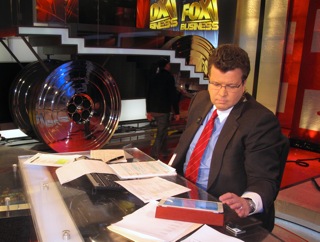 In any other setting, Neil Cavuto’s meticulously underlined, asterisked, candy-colored notes would have been the life of the room. In his Fox Business studio, particularly the night of Super Tuesday, they take a backseat before the camera to the spectacle around them. Cavuto is humble about them when I point out how detailed they are. “My wife says I’m like Colombo on a bender because I’ve got piles of crap everywhere, but I do immerse myself in this. There’s no shortcut to studying. No one can outhustle me,” he says.
In any other setting, Neil Cavuto’s meticulously underlined, asterisked, candy-colored notes would have been the life of the room. In his Fox Business studio, particularly the night of Super Tuesday, they take a backseat before the camera to the spectacle around them. Cavuto is humble about them when I point out how detailed they are. “My wife says I’m like Colombo on a bender because I’ve got piles of crap everywhere, but I do immerse myself in this. There’s no shortcut to studying. No one can outhustle me,” he says.
This Super Tuesday, I got to spend some time at Fox Business with Cavuto and his team as they reported on the election returns, to get a sense of what Election Night coverage looks like from the inside, particularly from the unique position of a business rather than cable news network. It is an operation surfeited on details in substance and style, and while Cavuto’s notes, which he says took him a fair bit of time to compile on his own, provide the backbone for his insights on the night, it takes a bit of getting used to the scenery to realize their import—and that of the research team that feeds him information from the control room as it rolls in.
The first and most obvious thing when entering a studio on Election Night that no one tells you when you see it on TV is that to deliver the sophisticated aesthetic seen on your screen, a studio must necessarily look like a slot machine’s fever dream. Most of the walls are screens and change colors on demand. The ceiling is starred with an abundance of stage lights. The cameramen operate like ventriloquists in charge of machines with the heads of tame dinosaurs that glide peacefully across the floor. Most intriguing in this particular studio is what appears to be a Dali-inspired staircase to nowhere, held up by monster truck wheels. Tonight, it has the night off.
As the cameras begin to take their places, Cavuto explains the contents of his notes. “I try to make a point of studying these states, to the point that I try to remember where every precinct and unusual voting site is, and that I know enough about the unemployment rates of each states, who won what in each state, what carried each state for other candidates in the past. I think if I can give them that economic context as these results are going through, I think I can flesh it out a little more.”
He has a unique mission tonight as a business anchor in charge of Election Night coverage: providing the necessary economic angle to a story that is about as purely political as it gets. To Cavuto, the divide between politics and economics, particularly on a night like this, feels a little bit artificial. Arguing that the 2012 election “dwarfs all corporate money, all earnings, any profit report for any company” in how they impact the value of American commodities, corporations, and markets, he finds it difficult to reconcile the responsibility of keeping an eye on the audience’s money with a decision not to cover elections. “When I hear other networks say ‘We’re serious, we care about this election,’ but they are in reruns or infomercials, or running 5-year-old 60 Minutes episodes, then you obviously don’t mean what you say… It’s not only your money—it’s your life, it’s your future, it’s serious stuff.” As an anchor for both Fox Business and Fox News, he has found that “you can serve two masters very nicely without intimidating one or talking down to the other,” though there is nuance in how the audiences vary. “It’s a smaller audience, certainly, and more niche product– they’re a little more aware of the details and a little bit more sophisticated because many of them are investors,” he explains. “That doesn’t make them smarter or nerdier, but probably more attuned to certain issues.”
What his reporting adds to enhance their understanding of the issues from a market perspective, he explains, is that they toe the line between business and politics so as to provide more of both rather than less of either. “The differentiator for a business network like ours is to make sure we talk to business as well as political leaders. So we’ll have Sarah Palin and Herman Cain and Rand Paul, Bill Richardson—but we’ll also have Dick Grasso, former head of the NYSE, Scott McNealy… because we think their brains are important to pick.” He notes also that following the response of international markets as they open during the broadcast can help investors make decisions with their money that are necessarily impacted by the election, with information they would not have otherwise.
This is an opinion piece. The views expressed in this article are those of just the author.
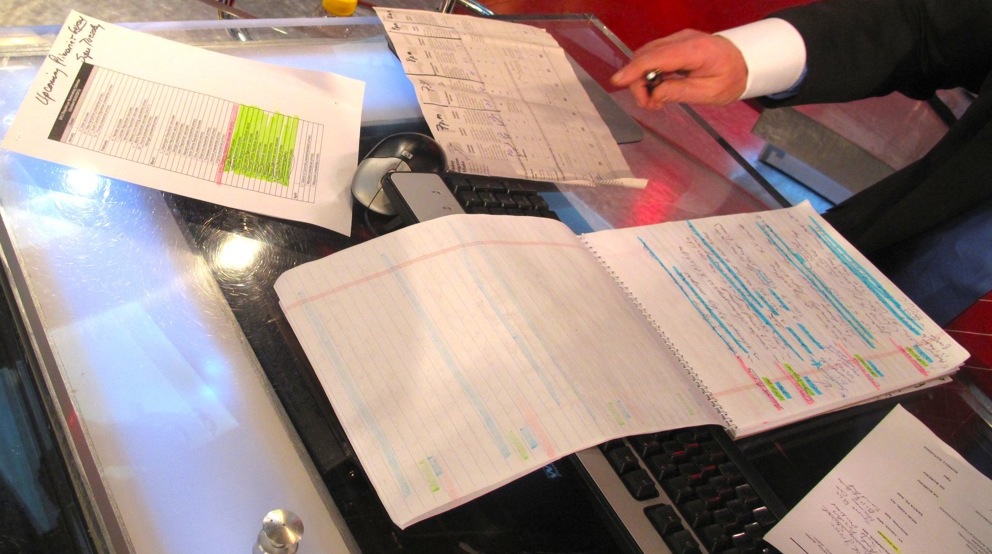

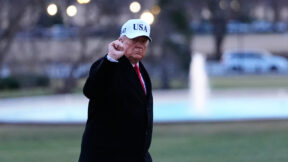
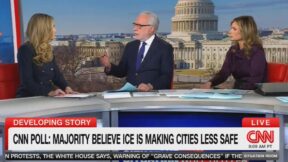
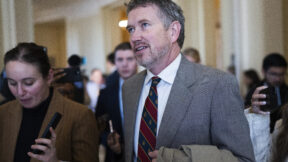
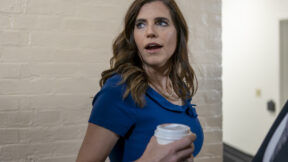
Comments
↓ Scroll down for comments ↓